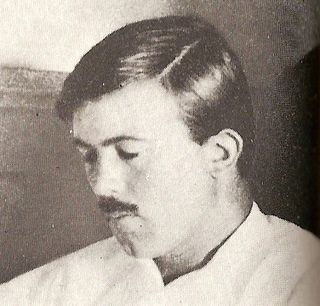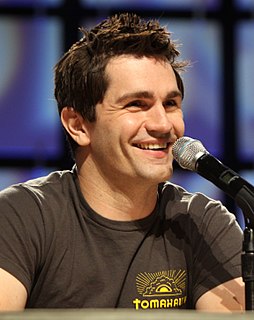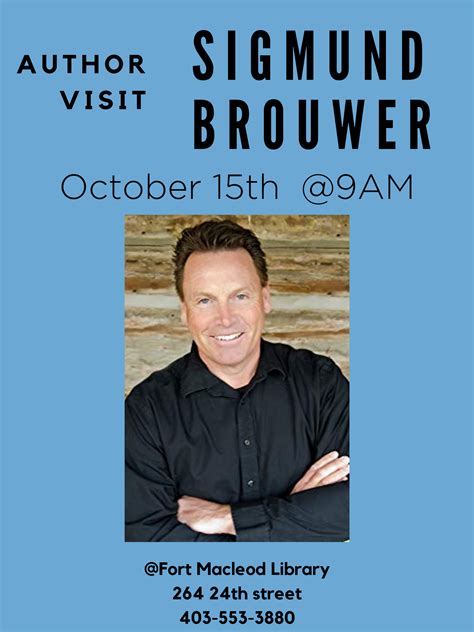A Quote by Sherwin B. Nuland
Our deaths become a part of our lives in the sense that with our deaths we give something to those who are left behind, as we have given our lives to them.
Related Quotes
When something goes wrong in our lives we often ask ourselves "Who was present?" and if there was ever a singular person that was present in whatever the event was when something changed our lives. If we can't get beyond that event, we become obsessed with it or it changed our life in a way that we can't make sense of. We often seek out that person because that was the last time our lives made sense.
Looking at suicide—the sheer numbers, the pain leading up to it, and the suffering left behind—is harrowing. For every moment of exuberance in the science, or in the success of governments, there is a matching and terrible reality of the deaths themselves: the young deaths, the violent deaths, the unnecessary deaths
Food is such an important part of our lives, and sometimes we tend to diminish the importance of that, because we rely on conveniences or because our lives are so complicated. We forget about those moments that we can actually share around the table with our family, with our friends, with our loved ones.
Developing Christlike attributes in our lives is not an easy task, especially when we move away from generalities and abstractions and begin to deal with real life. The test comes in practicing what we proclaim. The reality check comes when Christlike attributes need to become visible in our lives—as husband or wife, as father or mother, as son or daughter, in our friendships, in our employment, in our business, and in our recreation. We can recognize our growth, as can those around us, as we gradually increase our capacity to 'act in all holiness before [Him]' (D&C 43:9).
Our days are numbered. One of the primary goals in our lives should be to prepare for our last day. The legacy we leave is not just in our possessions, but in the quality of our lives. What preparations should we be making now? The greatest waste in all of our earth, which cannot be recycled or reclaimed, is our waste of the time that God has given us each day.





































